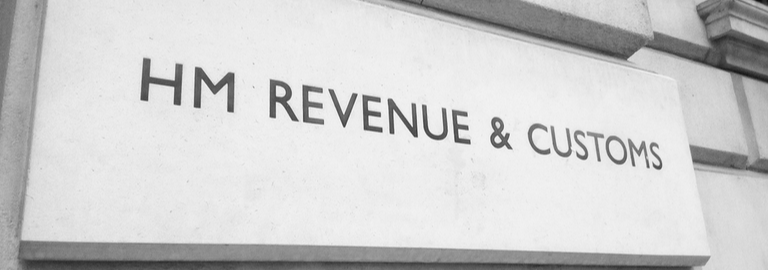IR35 liabilities in public sector reach £300m
The UKRI follows the DWP and DEFRA in being handed hefty tax bills
The UKRI follows the DWP and DEFRA in being handed hefty tax bills

The total known value of IR35 liabilities amassed by UK public sector bodies has now reached approximately £300m after the UK Research and Innovation agency (UKRI) was hit with a fresh £36m bill.
The body, which is sponsored by the Department for Science, Innovation and Technology and responsible for directing research and innovation funding, revealed in its annual accounts report for 2021/22 that HMRC deemed that it had misclassified contractors’ IR35 status and as a result, owed £36m in tax.
“Following a review of the IR35 status of monitoring and assessment officers engaged by Innovate UK, UKRI has concluded that some of these monitoring and assessment officers should have been considered to be inside the scope of IR35 regulations, and thus subject to income tax and national insurance contributions (NICs),” the document said.
The UKRI declined a request for further comment.
This is the latest in a string of high-value IR35 bills levelled at UK public sector bodies. Most notably, in July 2021, the Department for Work and Pensions paid £87.9m to HMRC after it was discovered that it had incorrectly assessed the employment status of its contractors.
The Department for Environment, Food and Rural Affairs was found guilty of the same infraction following an investigation running from 2019 to 2022. Its total settlement figure reached £86.5m.
“It’s astonishing. These bodies should be leading by example, showing private sector businesses how to successfully manage the off-payroll working rules,” says Seb Maley, CEO of IR35 specialist consultancy firm Qdos.
Maley goes on to criticise the “irony” of the UKRI’s non-compliance, and points to an apparent double standard in IR35 compliance across the private and public sectors.
“It’s difficult not to see the irony in this one. As a body that champions innovation, getting to grips with the off-payroll working rules shouldn’t be an issue for UKRI in theory.
“It’s wooden dollars in the public sector, but if a private sector business was hit with a £36m bill, it could be curtains.”
Private sector firms must “prioritise their compliance” in light of this, Maley adds.
But according to Dave Chaplin, CEO of IR35 compliance firm IR35 Shield, the UKRI’s liabilities merely serve to highlight the “punishing” nature of IR35 legislation.
“It begs the question, how does that [the UKRI’s £36m bill] help UK PLC when it comes to growth? Innovate stands for growth and its mission is to support UK businesses to do just that. But, once again, the punishing off-payroll legislation is getting in the way.”
Chaplin, a vocal critic of the IR35 Off-Payroll Working Rules, has been particularly disparaging of the “grossly unfair” double taxation loophole in recent months.
At present, the legislative quirk allows HMRC to collect more than it should by not offsetting the tax already paid by a contractor when handing a business a tax bill. This has resulted in numerous cases of businesses being faced with tax liabilities more than four times the perceived underpayment of tax.
But HMRC sought to address the issue in April earlier this year, launching a consultation on new legislation to share the tax liability between the client and the worker by estimating an offset for tax already paid by the worker and their intermediary.
HMRC is also planning for this offset to be retrospective for unsettled bills spanning back to April 2017. This will mean that any bills already issued and not settled can be reduced by approximately 75%.
Commenting at the time, Chaplin said that the Conservative government “have finally heard the banging drums”.